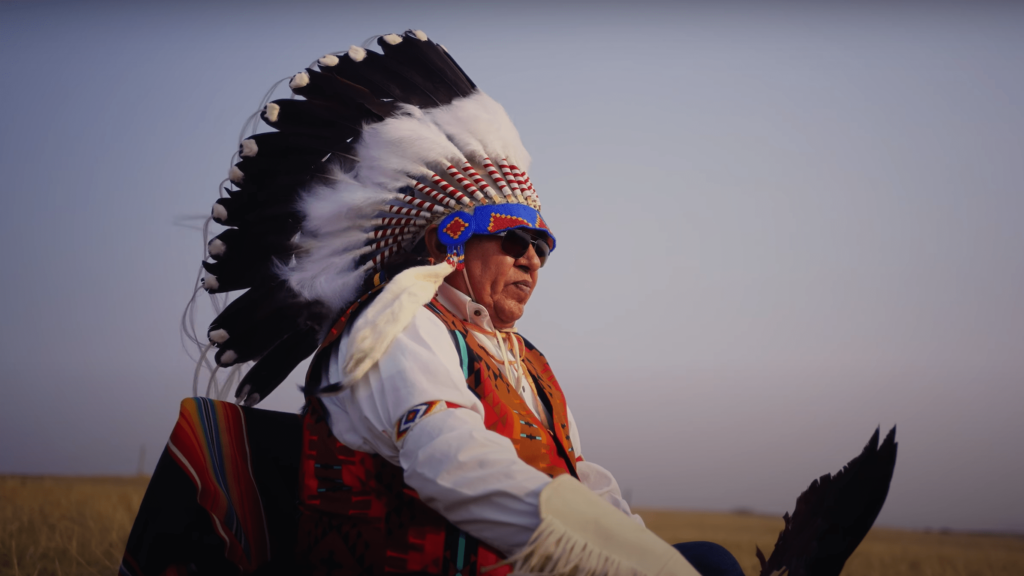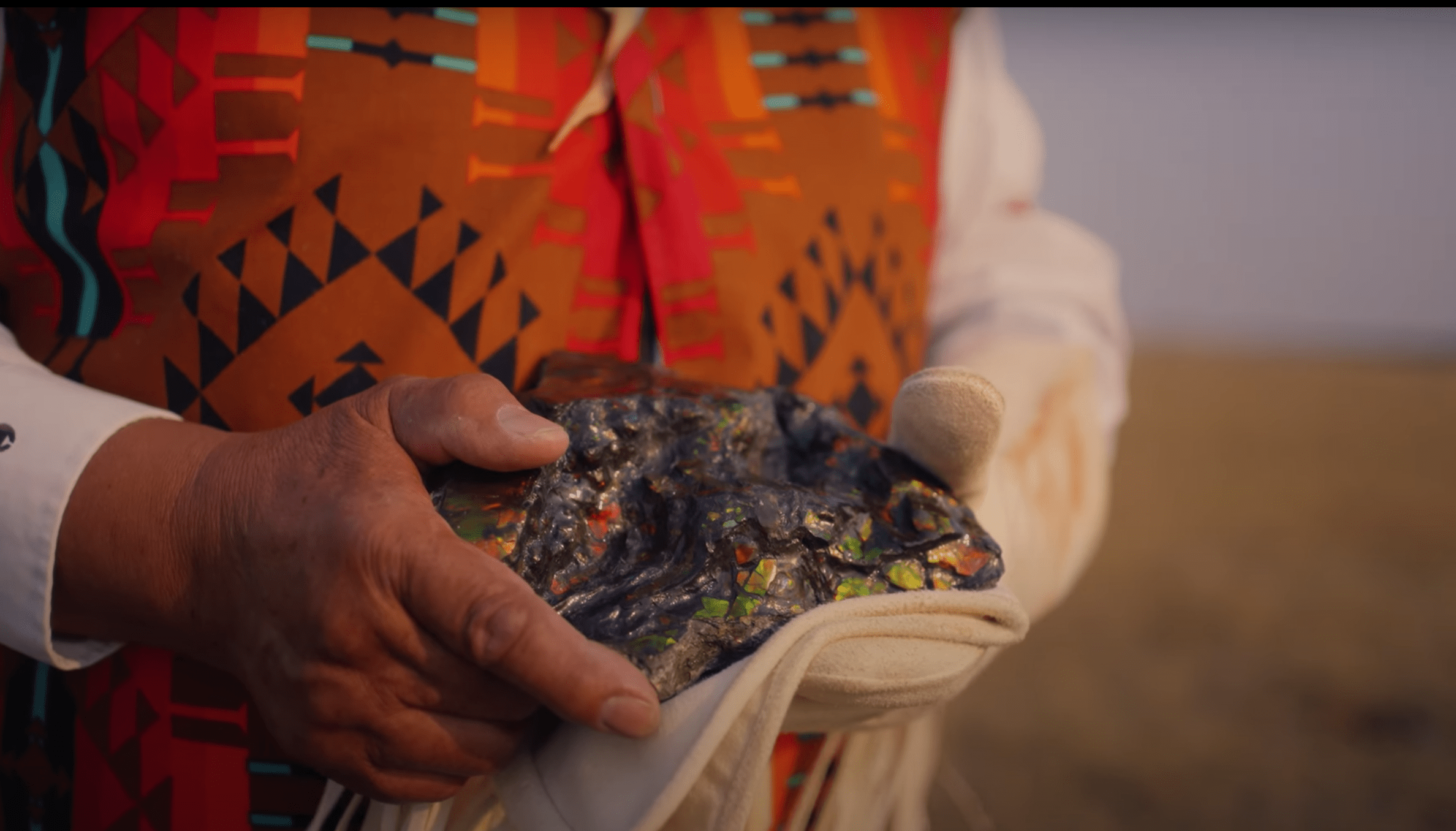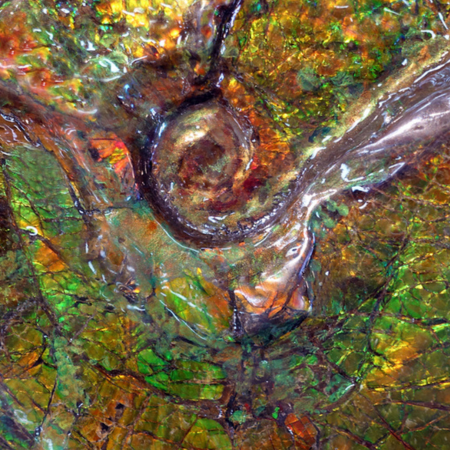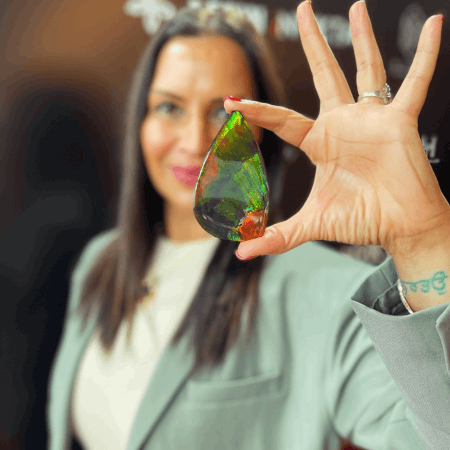Indigenous Day, observed annually on June 21st in Canada, serves as a significant occasion to recognize and celebrate the rich heritage, diverse cultures, and contributions of Indigenous peoples. This day holds immense importance to foster reconciliation, promote understanding, and highlight the resilience of Indigenous communities.
By embracing this day, Canadians have the opportunity to learn, appreciate, and work towards a future where Indigenous voices are heard, respected, and valued.
The History of Indigenous Day
Indigenous Day finds its roots in the summer solstice, a time of year with deep spiritual and cultural significance for many Indigenous peoples across Canada. It is a day that celebrates the diversity of Indigenous cultures, traditions, languages, and histories. Recognizing the historical and ongoing struggles faced by Indigenous communities, Indigenous Day serves as a reminder to acknowledge the impacts of colonization and work toward reconciliation.
Indigenous Day, also known as National Indigenous Peoples Day, was officially declared on June 13, 1996, by then-Governor General of Canada, Roméo LeBlanc. The declaration was made through a proclamation signed by the Governor General, recognizing the significance of the cultural contributions and heritage of Indigenous peoples in Canada.
This proclamation aimed to establish a day of celebration and acknowledgment for Indigenous communities across the country. Since then, Indigenous Day has been celebrated annually on June 21st and has gained increasing recognition and participation from Canadians nationwide.

The Importance of Education & Reconciliation
Indigenous education and reconciliation are essential for healing historical wounds, empowering Indigenous communities, and building a more inclusive society. By spreading knowledge and participating in reconciliation, our society preserves and revitalizes Indigenous languages, cultures, and traditions. It’s an opportunity to bridge knowledge systems and foster a comprehensive understanding of the world.
Furthermore, education plays a crucial role in the reconciliation process, to promote understanding, and to empathize and heal through dialogue. Ultimately, Indigenous education and reconciliation are critical steps toward creating a just and equitable society where the rights, contributions, and resilience of Indigenous peoples are honoured and celebrated.
Supporting Our Indigenous Communities
Supporting Indigenous communities can take various forms, including:
- Advocating for Indigenous Rights and land stewardship.
- Promoting equitable access to education, healthcare, and economic opportunities.
- Engaging in meaningful partnerships and collaborations with Indigenous organizations and businesses.
By amplifying Indigenous voices, preserving and revitalizing Indigenous languages and cultures, and addressing systemic issues such as poverty and discrimination, we can contribute to the well-being and resilience of Indigenous communities.
Supporting Indigenous communities is not only a matter of justice and reconciliation but also an investment in a more diverse, inclusive, and vibrant future for all.
Preserving the Indigenous History of Ammolite
When Iniskim was first established, it was important for us to respect and preserve the Indigenous history of Ammolite stone from the beginning. We recognized that Ammolite holds deep cultural, spiritual, and historical importance to the Blackfoot Tribes of North America.
They have revered this gemstone for centuries and it is deeply intertwined in their history and folklore tale as a sacred stone that was received as a gift from the gods. By preserving the Indigenous significance of Ammolite, Iniskim helps maintain the cultural identity and heritage of Indigenous peoples, fostering a sense of pride, connection, and continuity.
Moreover, Ammolite serves as a tangible representation of enduring resilience and wisdom of Indigenous communities, highlighting their deep relationship with the land and the natural world. Through the preservation of this history, Iniskim contributes to the broader recognition and appreciation of Indigenous knowledge, traditions, and contributions, promoting cultural diversity and fostering understanding among all people.
We invite you to learn more about Ammolite’s rich Canadian history through our website and blogs:
History of Ammolite & Ammonite
A Gemstone Unique to Alberta: Iridescent Ammolite
5 Interesting Facts About Ammolite Gemstone
71 Million Years in the Making: Ammolite Gemstone & Ammonite Fossil
Together, let’s embrace Indigenous Day as a time to reflect, celebrate, and commit ourselves to the ongoing process of reconciliation. We can create a more inclusive, equitable, and harmonious society for present and future generations!



